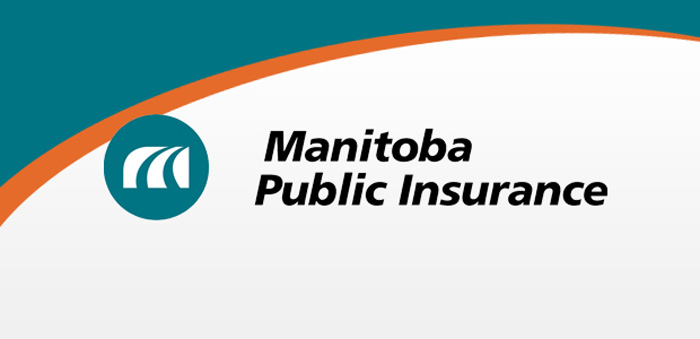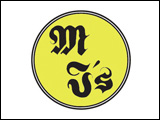Manitoba Public Insurance (MPI) has requested a rate decrease of 0.6 per cent in an amendment to its 2020-21 General Rate Application filed Oct. 4 with the Public Utilities Board (PUB). If approved, 610,000 Manitoba vehicles will have lower Basic auto insurance premiums.
If approved by the PUB, the average passenger vehicle owner will pay about $10 less in premiums per year. The PUB hearings began this week and conclude later this month. The board typically issues its order in December.
For background, MPI originally requested a 0.1 rate increase in June, but due to favourable financial results as of the end of September, the Corporation filed the amendment October 4, requesting an overall rate decrease for the first time since 2012.
A key contributing factor to the rate amendment was MPI has performed better than budget in the first half of the year due to its ongoing fiscal prudence and commitment to reducing operating expenses while improving its claims management process. MPI has also achieved its 100 per cent Minimum Capital Test (MCT) target – the minimum amount the company should hold in reserves to protect against rate shock and ensure rates remain stable.
“With such positive financial results, it would be inappropriate to ask for a rate increase, although it was nominal to request in the first place,” said Ben Graham, President and CEO, Manitoba Public Insurance. “As we continue to execute our operational strategy, MPI is dedicated to maintaining stable and predictable rates which remain among the most affordable in Canada while providing exceptional coverage to Manitobans. “MPI is one of the few auto insurers in Canada to request a rate decrease this year. While other private auto jurisdictions are looking at double digit increases, Manitoba once again demonstrates the strength of the public auto insurance system. Now that we have established a strong financial foundation – our focus will continue to meet customers changing needs now and also into the future.”
The proposed rates would be effective March 1, 2020, but because renewal dates are staggered, some vehicle owners won’t pay their new rates until February 28, 2021.




